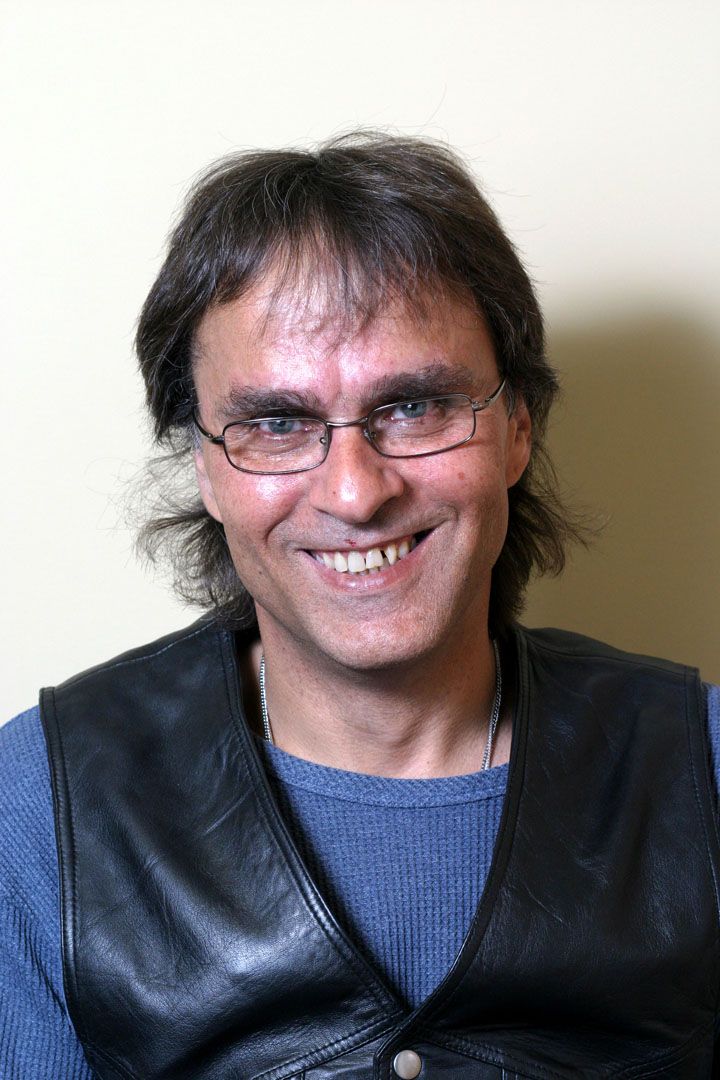Imagine for a moment you have been arrested by police, taken to the cop shop and then brought to an interview room where Mounties announce they want to have a chat with you.
One begins with something like, “There was a homicide downtown and we think you might be responsible.”
Horrified, you then take a line from Law & Order and tell the Lennie Briscoe-like cops, “I want a lawyer.”
But sadly they don’t instantly leave like they do in television land. The police here in Canada have no ‘Miranda rights’ to follow and the Supreme Court of Canada (SCC), has just made sure of that for what could be a long time.
Earlier this month the SCC, ruling in three separate cases in which suspects demanded during an interrogation to speak to counsel, refused to import American “Miranada rights”. Police gives these to suspects in custody before they are interrogated to inform them about their constitutional rights. When the American Supreme Court made its “Miranada rights” ruling in 1966 it was held that a suspect in custody must be clearly informed of the right to consult with a lawyer and to have that lawyer present during questioning.
Forty-four years later the SCC, in a tight 5 – 4 majority ruling, is turning its back on that American high court ruling.
“Adopting procedural protections from other jurisdictions in a piecemeal fashion risks upsetting the balance that has been struck by Canadian courts and legislatures,” wrote Madam Justice Beverley McLachlin and Madam Justice Louise Charron on behalf of the SCC in the majority ruling. “We are not persuaded that the Miranda rule should be transplanted in Canadian soil.”
But SCC judges speaking on behalf of the minority assailed the majority opinions, accusing the ruling of “tightening the noose” around the Charter right to counsel.
“What now appears to be licensed is that a presumed innocent individual may be detained and isolated by the police for at least five or six hours without reasonable recourse to a lawyer – during which time the officers can brush aside assertions of the right to silence or demands to be returned to his or her cell in an endurance contest in which the police interrogators, taking turns with one another, hold all the important legal cards,” said Justice Ian Binnie in a dissenting opinion.
Meanwhile, most defence lawyers across the country are also unhappy with the decision, particularly since it can only be reversed by legislative change or if the SCC should reconsider its position, which would be a rare move by the high court.
“I think there is a potential for abuse,” said Red Deer criminal defence lawyer Kevin Sproule. “I fall on the side of liberty, freedom and granting our citizens as much as that as possible, and that would include protection from abuse by investigators who might otherwise be inclined to press things in an unfair manner. Yes, I am concerned.
“It certainly is going to put more of an onus on the individual to listen to their lawyer’s advise when they are told they have a right to remain silent,” added Sproule. “But whether people are going to have the practical ability to withstand potentially hours of harsh questioning and sleep deprivation that remains to be seen. “Hopefully that won’t happen but I am afraid we are going to have to trust our police forces not to abuse their authority.”
We can certainly hope our trust will bear fruit. But the fact in Canada now is that Lennie Briscoe’s job has been made a lot easier. And that should be scary for everyone.
jbachusky@reddeerexpress.com



